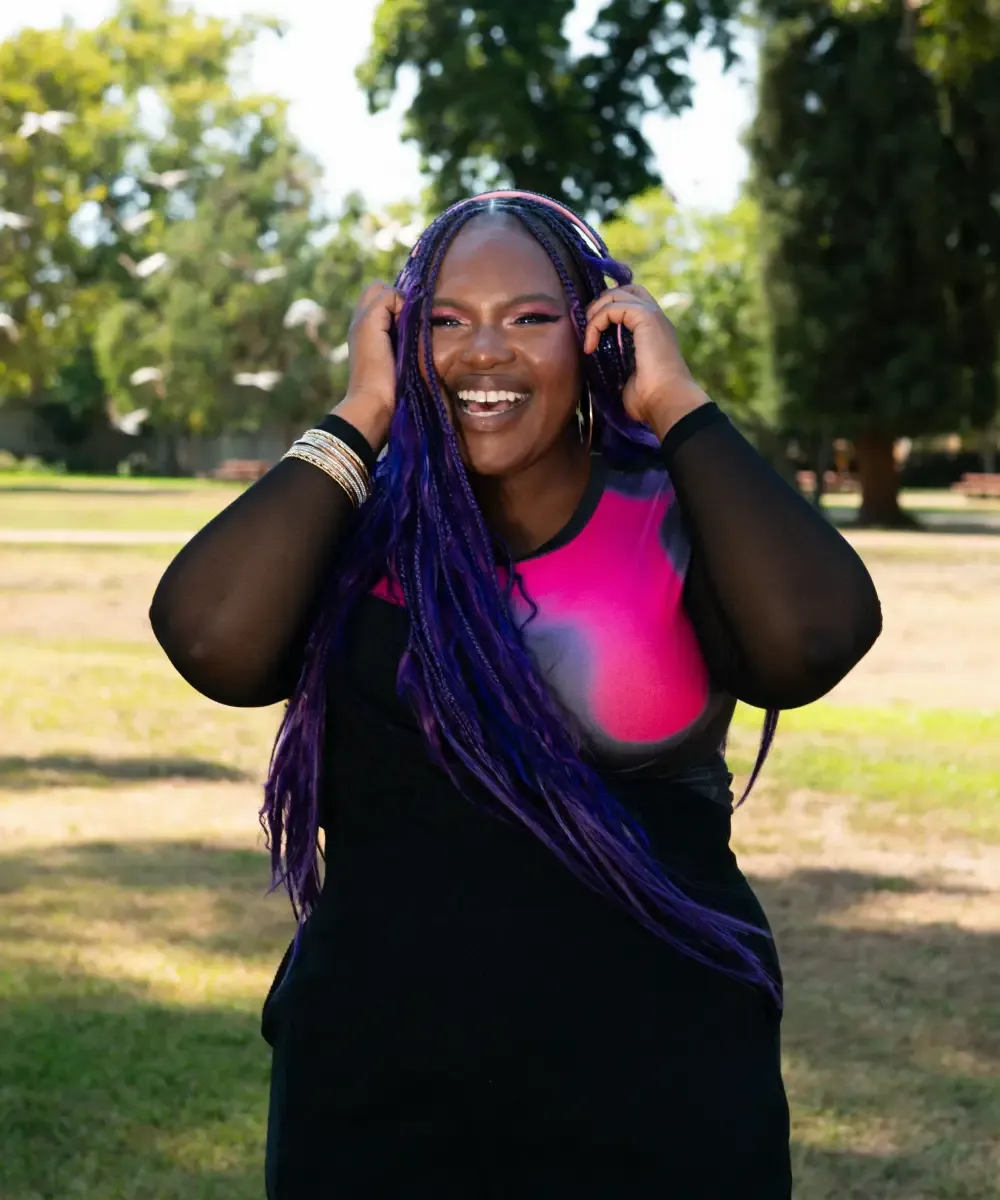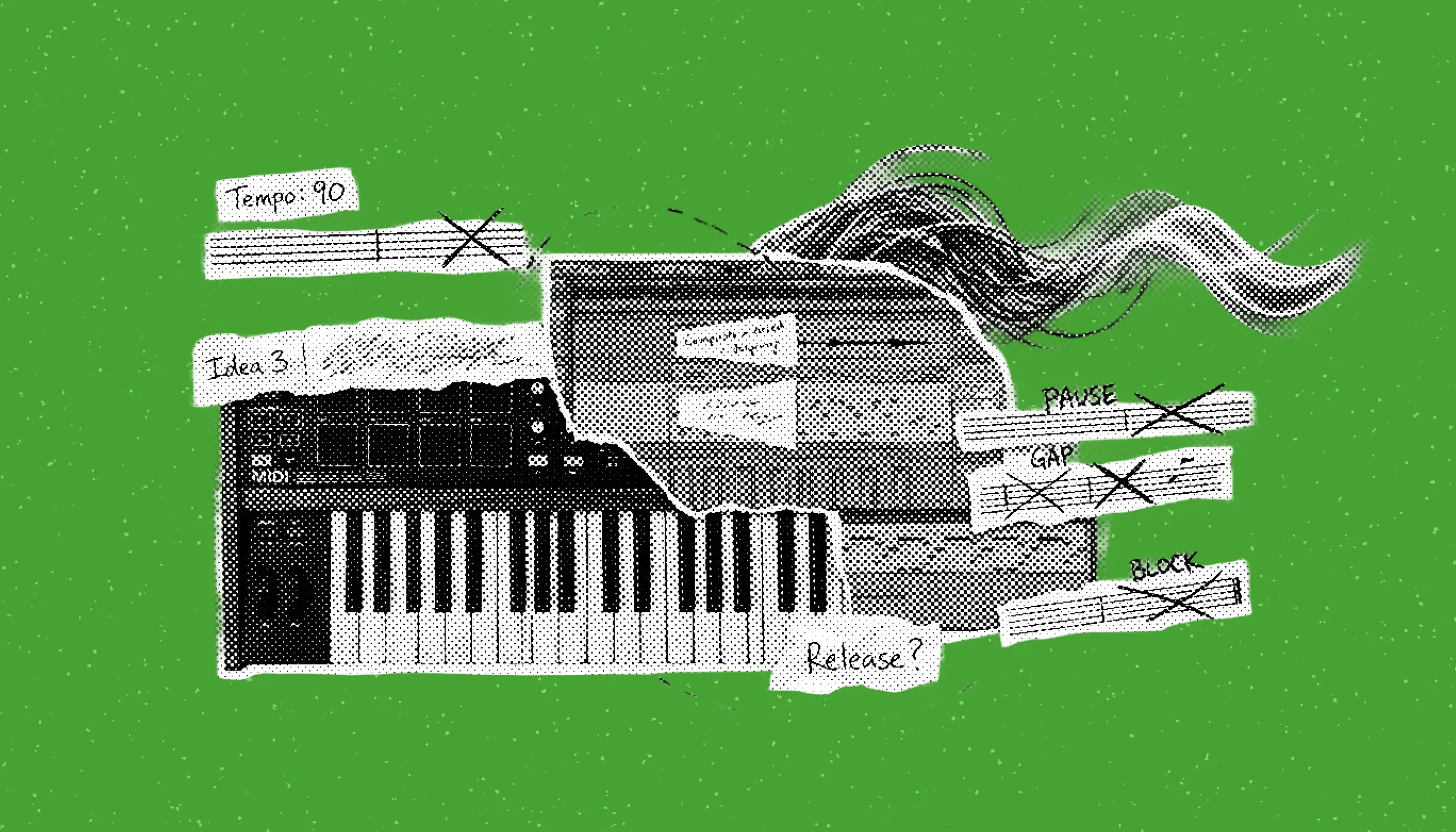
6 Ways to Overcome Writer's Block for Music Producers
Learn how to overcome writer's block. Discover practical tips, from minimizing distractions to leveraging music theory, to reignite your creativity and produce inspiring music.
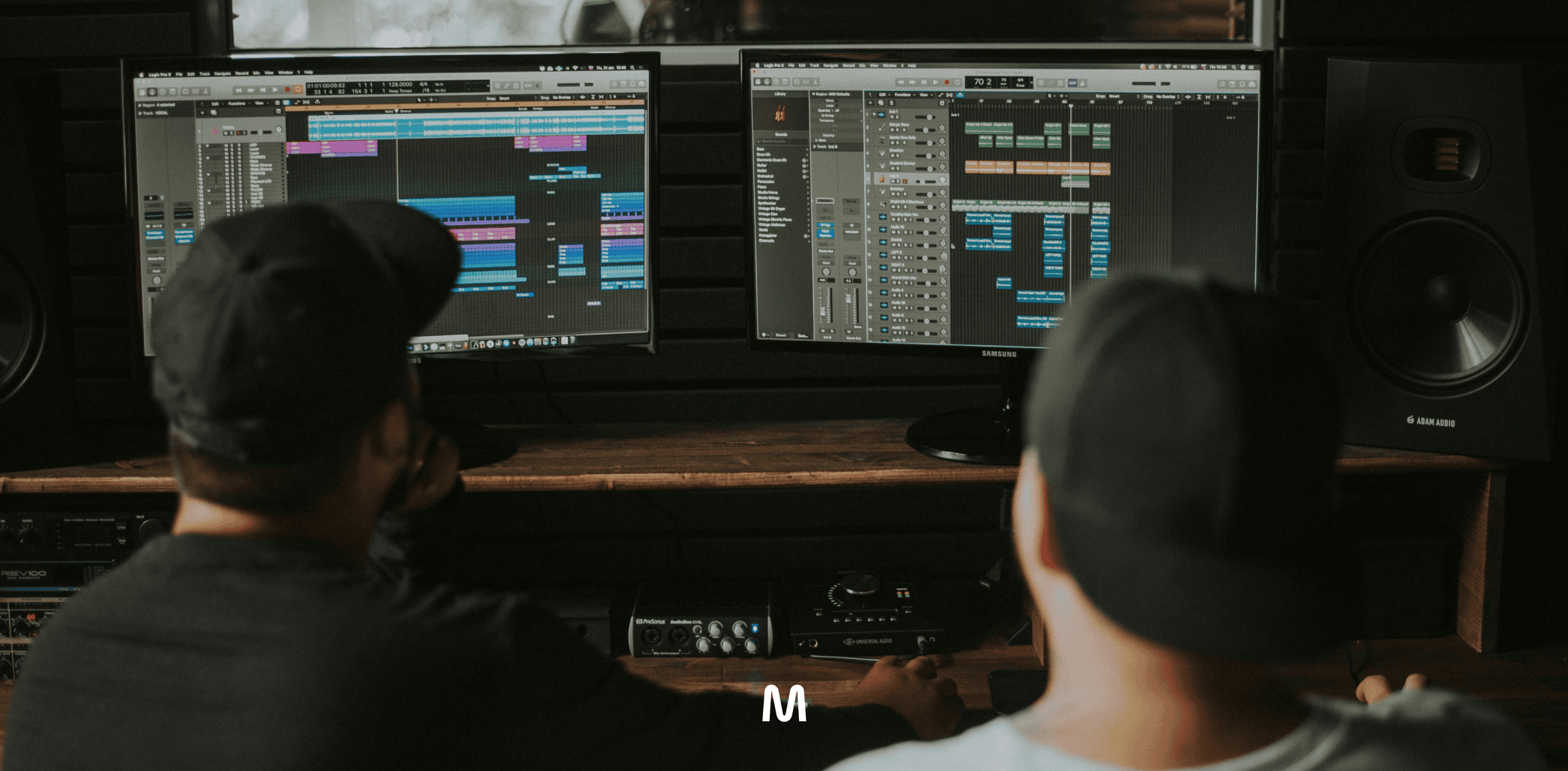
Write Without Judgement
Let's face it: not every piece of music we write is a masterpiece. Even the most revered music producers, artists, and bands have their fair share of duds (some even make it on albums).
Remember that Metallica demo Lars Ulrich's father wanted to erase from existence? It's a testament to the fact that creative processes are often messy and imperfect.
Writer's block, in essence, is the fear of creating something less than perfect. We strive for immediate greatness, and when that spark doesn't ignite, we're quick to abandon the song, thinking it’s no good. The truth is, many great ideas start as rough sketches that need to be shaped until they sound good.
Imagine a sculptor, chiseling away at a block of stone, slowly but surely transforming it into a detailed statue or bust. Consider how long it would take before it starts to resemble a person, the object it’s meant to represent.
As you write music, do it without judgment, and don’t look too far ahead. Don’t focus on what the song should sound like when it’s fully written, mixed, and mastered. Having a piece of music to work on is usually easier than working from a blank canvas.
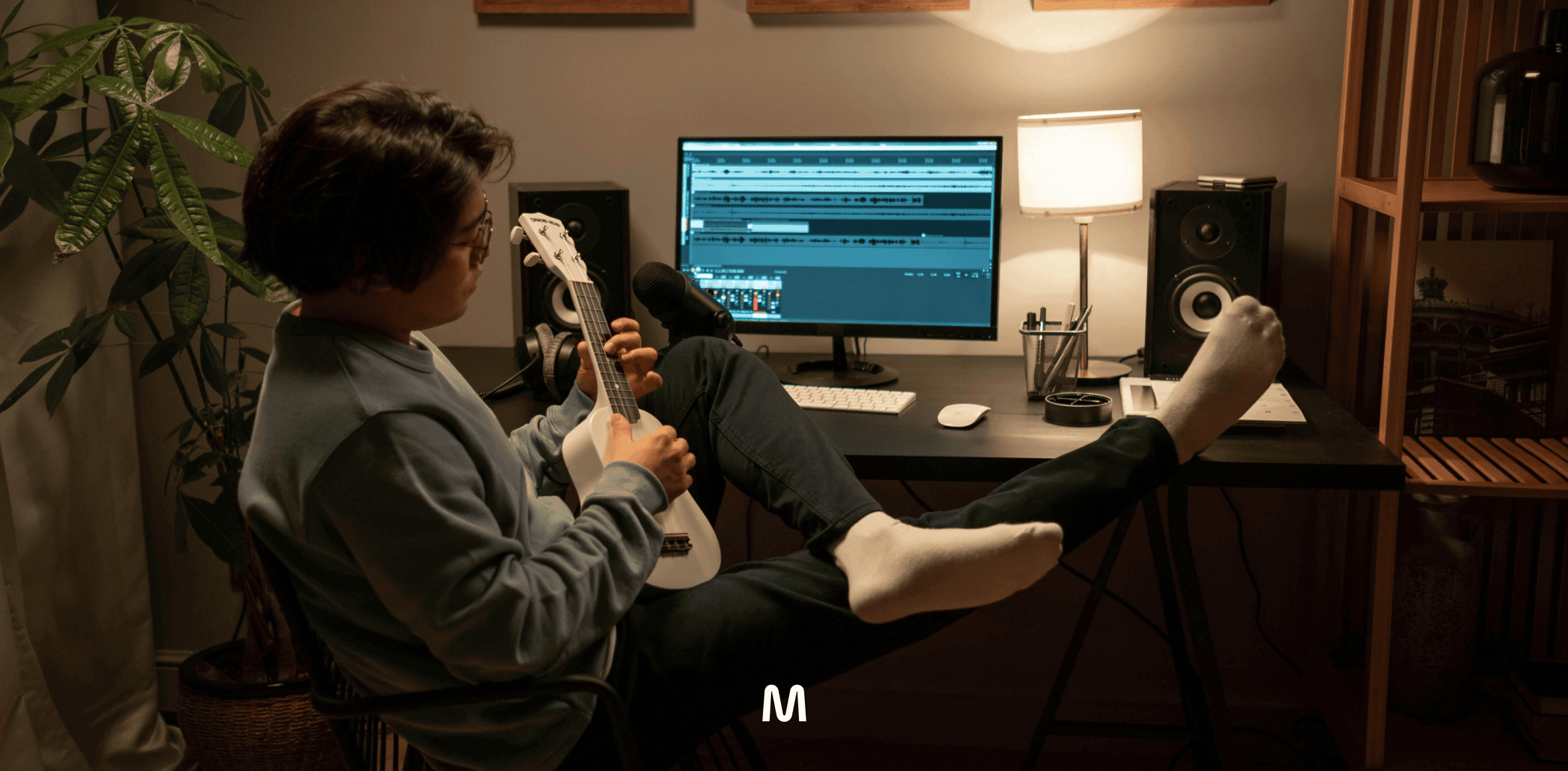
Limit the Use of Electronic Devices
Writer’s block is often a sign of being distracted and not fully immersed in the music production. In today's digital age, our phones and internet connections can be both a blessing and a curse for music producers. While they offer a wealth of resources and tools, they can also be a major distraction.
Leaving your phone within reach while you're trying to create can lead to constant interruptions. Notifications, social media feeds, and the allure of endless scrolling can quickly derail your creative flow. To truly immerse yourself in the music-making process, consider these tips:
Use airplane mode while you make music to get rid of all distractions. If you need to check your phone regularly, try the Pomodoro technique. This means you break your work into focused intervals (e.g., 25 minutes) followed by short breaks. This technique can help you maintain momentum and prevent burnout, which can be a source of writer’s block.

Take a Break
Everyone experiences writer's block, even the most experienced music producers and artists. If you're feeling creatively drained, taking a break can be the best thing to do as a way to find new inspiration. Step away from your DAW and not thinking about music can be a successful way to reignite your creativity.
Here are some things you can do during your break:
- Change your environment: A change of scenery can help you to think about things differently and more clearly. Go for a walk, visit a museum, or spend some time in nature.
- Listen to different types of music: Listening to new music can help you to discover new sounds and ideas.
- Watch a movie or TV show: This can be a great way to get inspired by the visuals and the soundtrack.
- Read a book: Reading can help you to think more creatively and to come up with new ideas.
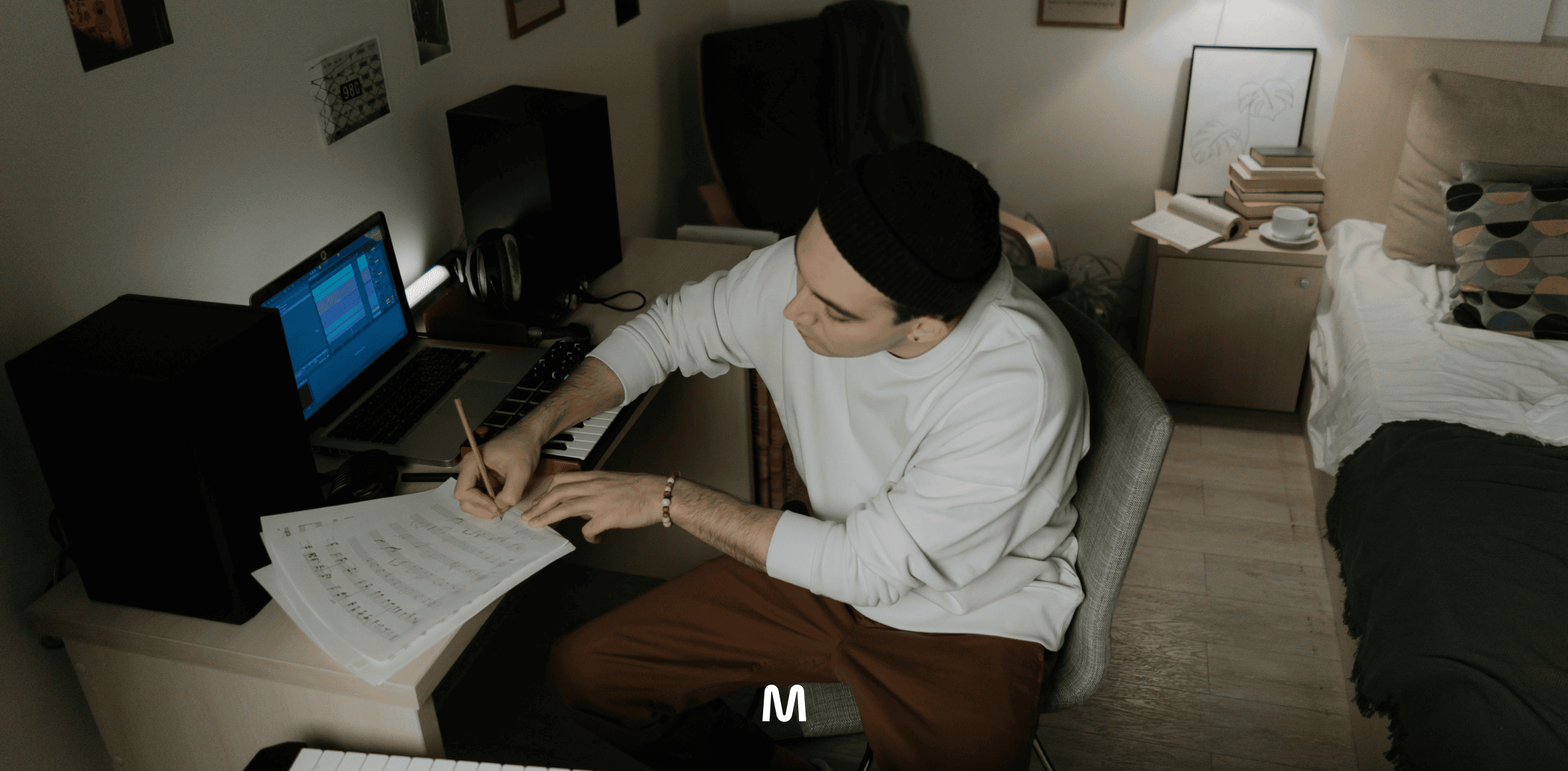
Music Theory Can Help Prevent Writer’s Block
While understanding music theory is sufficient to write good music, it can be a great start if you’re feeling stuck. Here’s how music theory can help you overcome writer’s block.
Provides a framework for experimentation:
- Chord progressions: Understanding the relationship between chords allows you to create interesting chord progressions. The ability to create tension and release with diatonic and chromatic chords enables you to explore new harmonic territories and write unexpected chord progressions.
Check out the article “Learn Chords in D Minor” for examples of how you can use chromatic and parallel chords or secondary dominants to expand the harmonic palette within a specific key signature.
- Scales and modes: By learning different scales and modes, you can unlock a world of melodic possibilities and create unique and interesting melodies.
Encourages systematic problem-solving:
- Analyzing music: By analyzing the music of your favorite artists, you can learn how they use music theory to create their unique sound. You can analyze the intervals within a great melody, examine the chord inversions used, or identify any chromatic mediants, or other techniques, that contribute to the music's unique tonality.
- Breaking down complex ideas: Music theory can help you break down complex musical ideas into simpler components, making them easier to understand. These small ideas can spark inspiration in your music production.
Sparks creativity:
- New sounds and textures: By experimenting with different musical concepts, you can create new and innovative sounds you haven’t explored before.
- Unexpected harmonies: Music theory can help you discover unexpected harmonies and dissonances that can add tension and resolution to your music. Writer’s block can come from being stuck in the same old chord progressions, scales and routines. Music theory enables you to expand your entire musical repertoire.

Try a Different Workflow
To break free from a songwriting rut, consider exploring new creative avenues. If you typically begin writing music on a piano, switch to a different instrument, such as a guitar, synthesizer, or even a drum machine. Experimenting with unconventional starting points, like drums or percussion, can lead to unexpected and innovative results.
Additionally, try working with unusual chordal instruments or unconventional sounds to create unique harmonic textures. This can help you break free from familiar patterns and discover fresh musical territory.

Lean on Limitations
Too many options can lead to creative paralysis. To combat this, consider imposing limitations on your songwriting. For instance, restrict yourself to using only four chords in your harmony or limit your melodies to only chord tones. These constraints can force you to think creatively and discover innovative solutions within a defined framework.
By embracing limitations, you can channel your focus and energy into specific musical elements, leading to more focused and impactful compositions.
Bonus: Use Musiversal’s songwriting and pre production services
With Musiversal’s Unlimited membership, you get unlimited access to songwriting sessions with expert producers and songwriters, on top of the unlimited recording sessions with world class professionals.
If you're unsure how to develop an idea, make your music more interesting, or evoke specific emotions, our producers can help you take your music to the next level.
When your song is ready, book any of our 100+ professional musicians to record your music and have our award-winning engineers mix and master it for release-ready quality.
Join The Musiverse: Your free space to connect, create, and compete.
Collaborate with global creators, level up in live workshops, and win exclusive prizes. Join the community today!
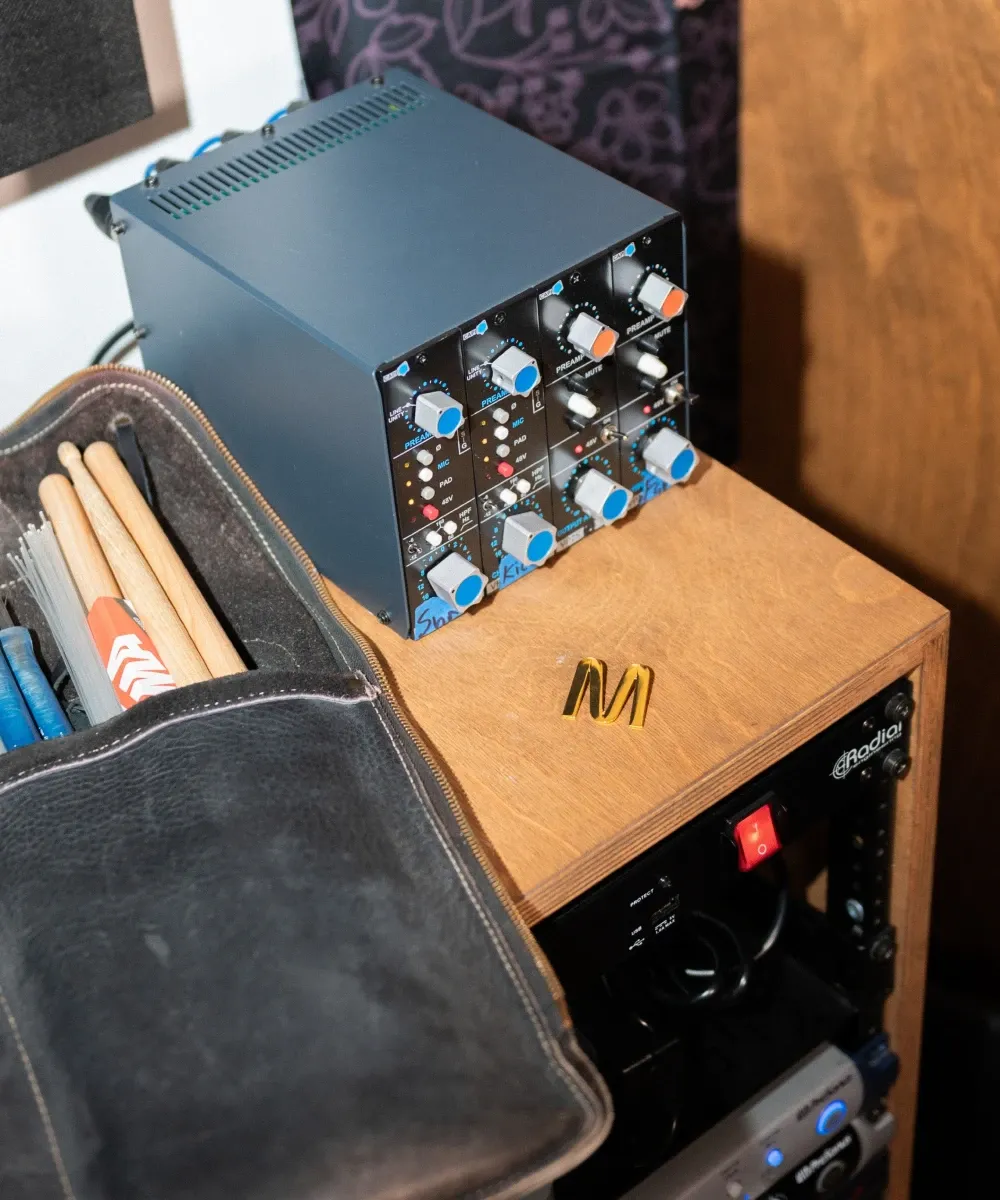
Your Music, No Limits.
Join the Waitlist